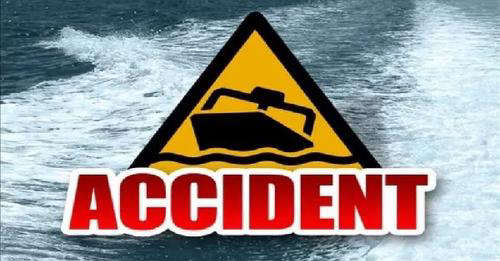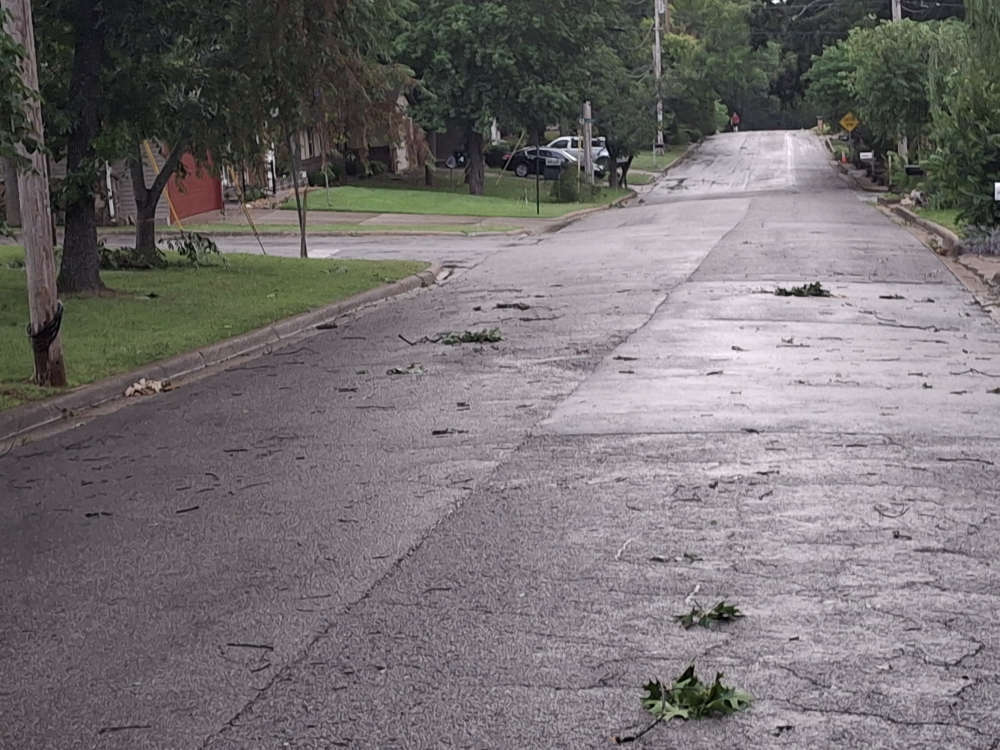
Story posted by KNWA.
LITTLE ROCK, Ark. — When 17 people were killed and 17 others were injured in a 2018 school shooting in Florida, Governor Asa Hutchinson created the Arkansas School Safety Commission.
After identifying 30 recommendations to keep every child in Arkansas schools safe, they disbanded, but an even deadly school shooting in Uvalde, Texas last month prompted Governor Hutchinson to reinstate the group.
Tuesday, the commission met for the first time in four years. Most of the members of the 24-person commission are returning from the commission of 19 members in 2018.
“I want to, first of all, get started by asking everyone to have a moment of silence,” began Dr. Cheryl May, Arkansas School Safety Commission Chair.
The quiet room at the Capitol was a place for reflection. In the minds of the Arkansas School Safety Commission, each pondering what can be done for those who lost their voices and others who go to school hoping to make it home?
Dr. May promised, “We’re going to do everything that we possibly can to use this moment to ensure every single child in Arkansas schools and the staff are safe.”
The commission’s first meeting looked back at the 30 recommendations made in 2018, but also reviewed the progress made on each point.
For example, of the statistics shared, 84% of Arkansas school districts now have an armed presence on campus, but only 24% of schools have established a behavioral threat assessment team. Laws have been passed to further some of the 30 recommendations, but some need some help.
To brainstorm new solutions and make sure past goals are achieved, educators, law enforcement, counselors, and more have been brought to the table. Linda Graham, the Nettleton School District crisis director & psychologist, works directly with school shooting survivors from the attack of Westside Elementary in Northeast Arkansas 24 years ago.
“In Jonesboro, our world was rocked,” Graham recalled. “We have some of our kids who were there who are now teachers, so when Uvalde happened, especially this one seems to have resonated a little bit different.”
Karen Sullards with Moms Demand Action was among the crowd hoping everyone can contribute to change.
“I want to make sure that things like what happened in Texas don’t continue to happen,” when asked why she came out.
Sullards is also a retired principal. “You have to ask those children and teachers what do think about what’s going on and what do we need?”, Sullards encouraged.
Our station asked Dr. May what issues are more top of mind now than they may have been in 2018. She mentioned cyber security, anonymous reporting systems, and behavioral threat assessment.
“Unfortunately, the more and more these types of school shootings that we have, the clearer it becomes that that threat should have been known ahead of time, and that has to be a critical focus of what we try to do,” May concluded.
The commission is split into five subcommittees which will also meet weekly as the full commission will.
Those subcommittees are:
1. Physical Security meeting Wednesdays at 1 P.M.
2. Intelligence and Communications (cybersecurity) meeting Wednesdays at 3 P.M.
3. Law Enforcement and Security meeting Thursdays at 1 P.M.
4. Audits, Emergency Operation Plans, and Drills meeting Thursdays at 3 P.M.
5. Mental Health and Prevention meeting Fridays at 10 A.M.
Subject matter experts (SME’s) will work with subcommittees to research and discuss topics. Some SME’s include student resource officers who are not directly represented on the commission.
everything from mental health and prevention to physical security.
The 24 members of the commission are as follows:
Dr. Cheryl May – Chair
Director, Criminal Justice Institute
University of Arkansas System
Arkansas Attorney General Leslie Rutledge
A.J. Gary
Director, Division of Emergency Management
Arkansas Department of Public Safety
Dr. David Hopkins
Superintendent, Clarksville School District
Donna Wilchie
School Counselor, Conway School District
Tim Cain
Director, Division of Public School Academic Facilities and Transportation
Arkansas Department of Education
Crystal Braswell
Office of Coordinated Support and Services, Division of Elementary and Secondary Education
Arkansas Department of Education
Tim Helder
Sheriff, Washington County
Bill Temple
Retired Special Agent, Federal Bureau of Investigation
Dr. Laura Dunn
Director, UAMS Psychiatric Research Institute
Secretary Jami Cook
Director, Arkansas Law Enforcement Training Academy
Secretary, Arkansas Department of Public Safety
John Allison
Teacher & Bus Driver, Vilonia High School
Marvin Burton
Principal, Little Rock School District
Chris Chapmond
Chief, Hot Springs Police Department
President, Arkansas Association of Chiefs of Police
Patricia Gann
Deputy Director, Division of Aging, Adult, and Behavioral Health Services
Arkansas Department of Human Services
Bill Gossage
Deputy Chief of Staff, External Operations, Governor’s Office
Linda Graham
School Psychologist, Nettleton School District
Dr. Mike Hernandez
Executive Director, Arkansas Association of Educational Administrators
Bill Hollenbeck
Chief of Police, Fort Smith Public Schools
Ricky Hopkins
Parent, Prescott School District
Tom Jenkins
Chief, Rogers Fire Department
Lori Poston
Vice President of Clinical Services, Northeast Region, Arisa Health
Courtney Salas-Ford
Chief Legal Counsel, Division of Elementary and Secondary Education
Arkansas Department of Education
Paula Stone
Assistant Director, Children’s Services, Division of Aging, Adult, and Behavioral Health Services
Arkansas Department of Human Services
The initial report with new recommendations is due to Governor Hutchinson on August 1. Final recommendations are presented to the governor on October 1.





 Daughters of the American Revolution to Celebrate on Fourth of July
Daughters of the American Revolution to Celebrate on Fourth of July
 Texas Woman Injured on Table Rock Lake
Texas Woman Injured on Table Rock Lake
 Storms Blow Through the Lakes Region Causing Damage, Injuries
Storms Blow Through the Lakes Region Causing Damage, Injuries
Comments
Add a comment